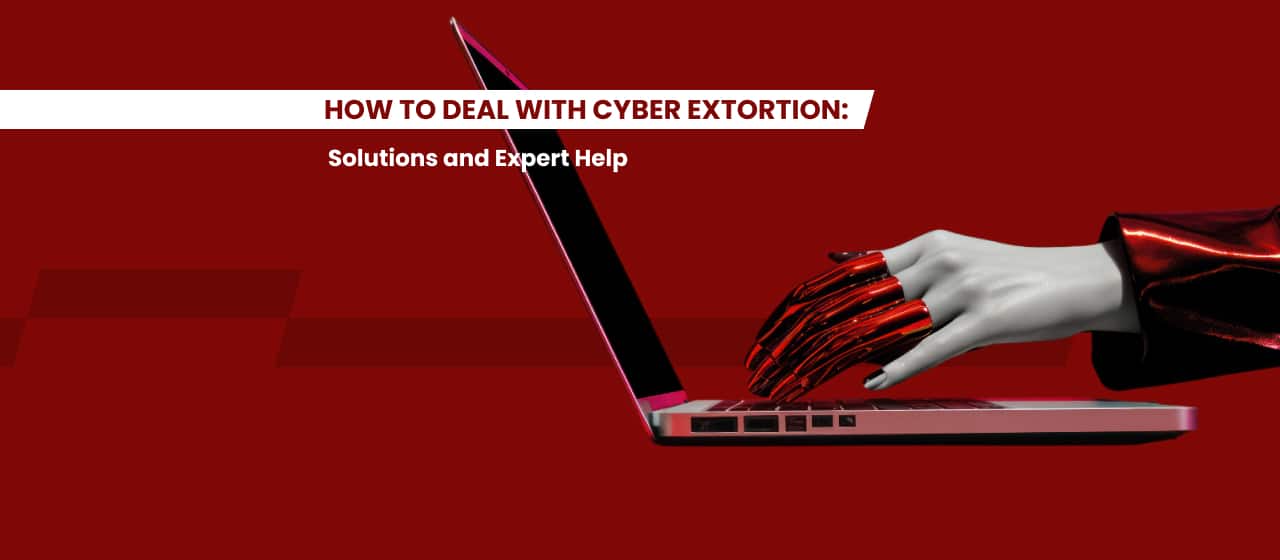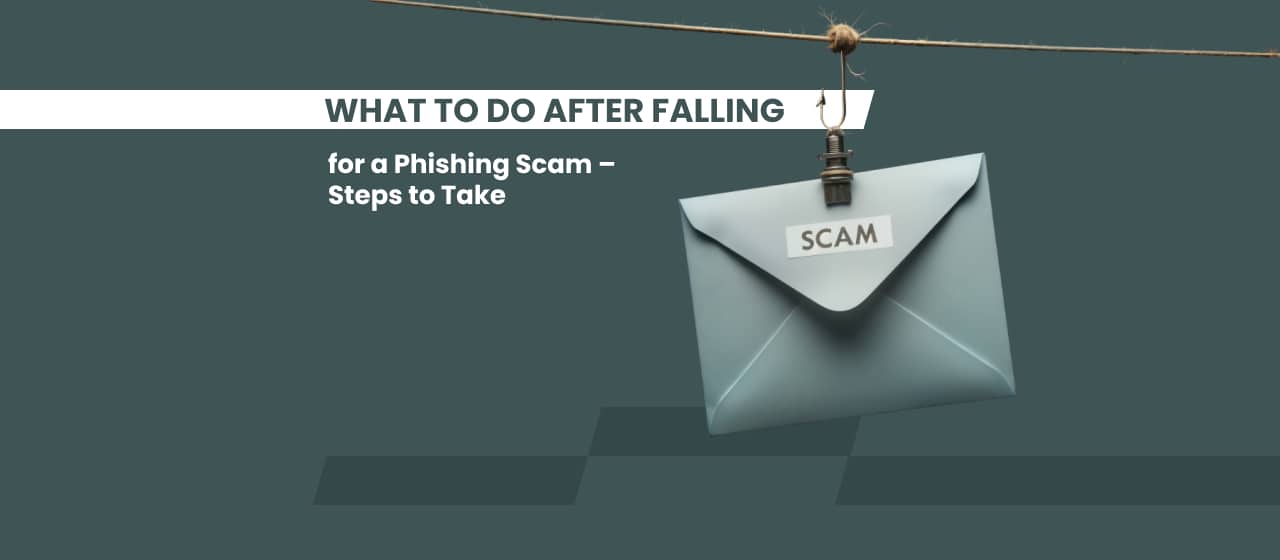The internet has become a playground for malicious cybercriminals. Sextortion is the latest weapon in their arsenal, trying to trap unsuspecting victims into paying ransoms or leaking private information on social media and email accounts. The most effective way of combating this type of cybercrime is to learn what it entails and how victims can protect themselves. In this blog, we will dive into how to handle sextortion if you ever fall for its trap.
What are sextortion crimes?
Sextortion is a devious and varied crime, taking many forms, from malicious malware hidden in phishing emails to predators masquerading as someone else on social media, or even manipulating victims through romance scams. No matter how it’s done – the message remains clear: never share private information with unknown parties online!
These predators use a calculated method of manipulation to trap victims into sending compromising content, only for them to turn around and demand something in return, whether that be money or more explicit content. They often capture this sensitive material by secretly recording or screenshotting the material, or by the malware they secretly embedded into their victims’ devices.
Can I sue someone for sextortion?
Yes, you absolutely can sue someone for sextortion. It’s important to remember that sextortion is a form of extortion and thus illegal under U.S. law. To file a lawsuit against your perpetrator, you’ll need to provide proof that they were attempting to extort money from you in exchange for not releasing explicit images or videos.
This could include emails, text messages, screenshots, etc., as well as testimony from any third parties who may have witnessed the events leading up to the attempted extortion (e.g., friends who may have seen the perpetrator threatening you).
It’s also possible that local police will pursue criminal charges against your perpetrator if there is enough evidence showing they were attempting to extort money from you in exchange for not releasing explicit photos or videos.
The consequences for those found guilty of sextortion vary from state to state, but they typically involve jail time and hefty fines—sometimes both. There are cases where sextortion might not be a statute in your state, however, sextortion falls under multiple other statutes such as extortion, blackmail, cyber hacking, etc. In some cases, those convicted may also face civil liability in addition to criminal penalties. Depending on the severity of the case, those who commit sextortion may also have their internet privileges revoked or be listed on sex offender registries.
How To Handle Sextortion?
If you find yourself being threatened with online sextortion, it’s important that you take action right away by contacting law enforcement and filing an official report with your local authorities. Additionally, be sure to keep all communications between you and the perpetrator so that they can be used as evidence against them in court if necessary.
Finally, consider seeking legal advice from an experienced attorney who can help you understand your rights and develop a plan for how best to protect yourself from further harm.
In summary
Sextortion is a serious crime that must not be taken lightly; however, there are steps victims can take to learn how to handle sextortion and protect themselves from this type of cyber-harassment and put an end to it once and for all. If you believe that you have been subjected to sextortion or are being threatened with it, contact law enforcement immediately.
You can get help from an experienced lawyer who can advise you on the proper course of action moving forward. With their help, justice will prevail!
If faced with online sextortion – contact our sextortion helpline







